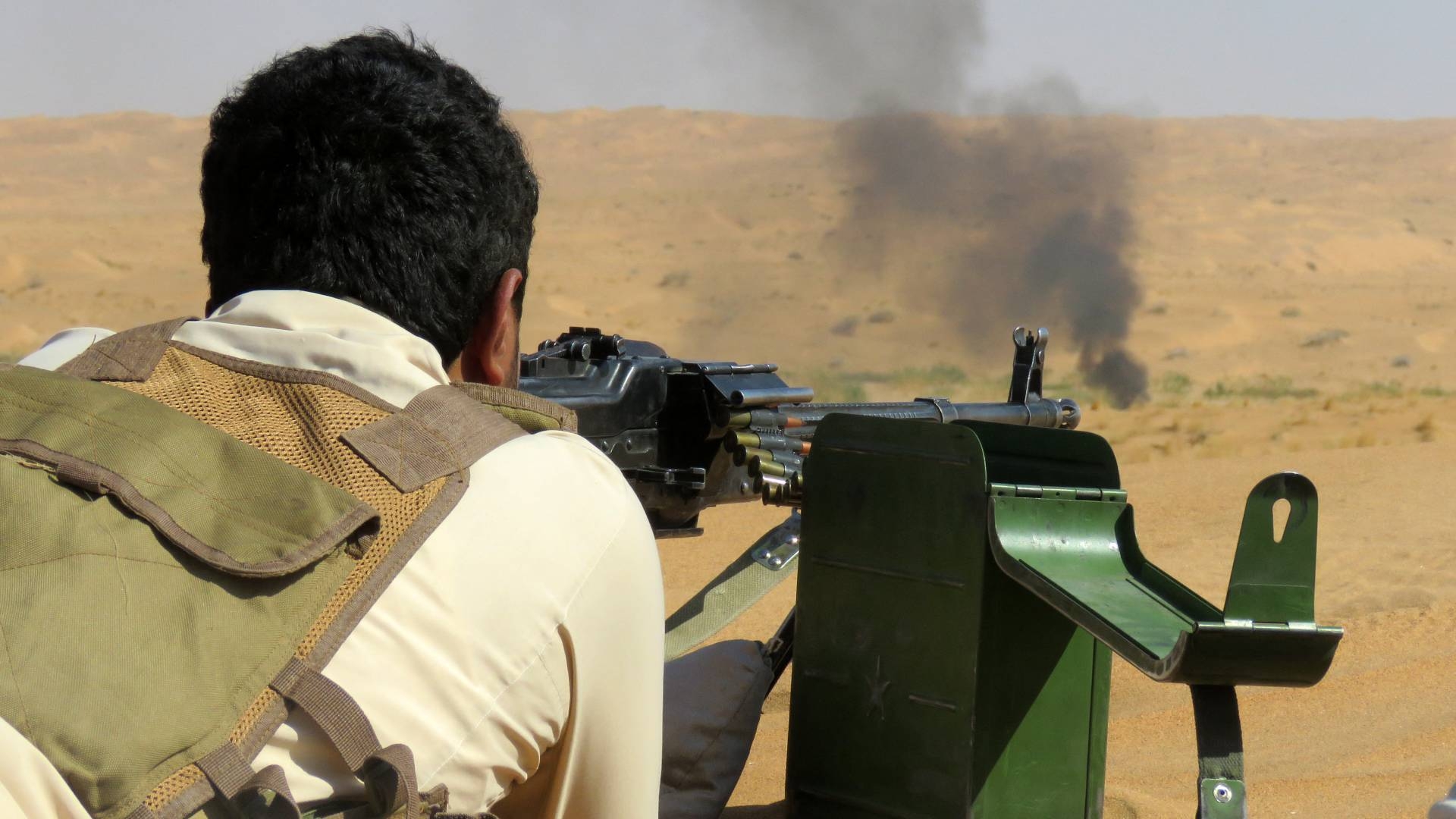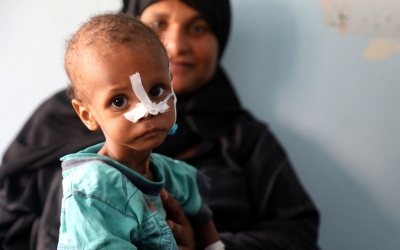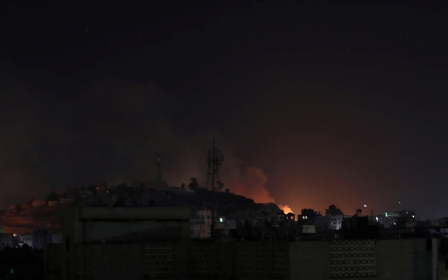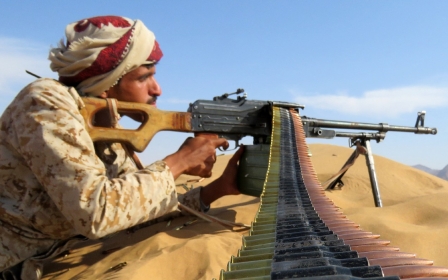UN urged to restart Yemen war crimes probe after Saudis halted earlier efforts

Dozens of rights and humanitarian groups on Thursday called on the United Nations to create a new independent panel to collect evidence of possible war crimes committed by all parties in Yemen's bitter conflict, after Saudi Arabia reportedly lobbied to shut down the previous investigation.
The organisations said a new independent body should "investigate and publicly report on the most serious violations and abuses of international law committed in Yemen", while also preserving this evidence for possible criminal prosecution in the future.
"The undersigned organisations call upon the UN General Assembly to move quickly and establish a new international accountability mechanism for Yemen," the groups said in a statement.
In October, the UN Human Rights Council (HRC) voted against extending the mandate for an independent war crimes investigation in Yemen by the Group of Eminent Experts (GEE).
Earlier this week, a report by The Guardian found Riyadh used “incentives and threats” to force members of the Council to vote against extending the mandate.
One such incentive was warning Indonesia - the most populous Muslim country in the world - that it would make it difficult for Indonesians to travel to the holy city of Mecca if Indonesian officials didn't vote against the 7 October resolution.
"The international community cannot stand by and allow that vote to be the last word on accountability efforts for abuses and war crimes in Yemen," the statement said.
"The people of Yemen need justice. And justice begins with investigations and accountability. The time to act is now."
The 64 organisations that signed on to the statement include the human rights clinics at Yale University and Columbia University, Amnesty International, Human Rights Watch (HRW), and the Project on Middle East Democracy (POMED).
'Widespread and systematic abuses'
Saudi Arabia and its allies, primarily the United Arab Emirates, militarily intervened in Yemen in March 2015, after Houthi rebels seized control of the capital, Sanaa, and began closing in on Aden, prompting Abd Rabbuh Mansour Hadi, president of the internationally recognised government, to flee to Riyadh.
Fighting has displaced millions of people within the country, while shortages of fuel have severely impacted the economy and services.
The death toll of the war, now in its seventh year, will reach an estimated 377,000 by the end of 2021, according to a recent report from the UN's Development Programme.
The report's authors say 60 percent of deaths were caused by indirect effects of the conflict, such as hunger and disease and a lack of healthcare facilities.
Meanwhile, some 150,000 deaths were caused by fighting between the Houthi rebels and Saudi coalition-backed government forces.
"All parties to the conflict in Yemen have perpetrated widespread and systematic abuses, including the killing and injuring of tens of thousands of civilians," the groups' statement said.
The fighting has also seen some 80 percent of the population, or 24 million people, relying on aid and assistance, including 14.3 million who are in acute need.
Middle East Eye propose une couverture et une analyse indépendantes et incomparables du Moyen-Orient, de l’Afrique du Nord et d’autres régions du monde. Pour en savoir plus sur la reprise de ce contenu et les frais qui s’appliquent, veuillez remplir ce formulaire [en anglais]. Pour en savoir plus sur MEE, cliquez ici [en anglais].





